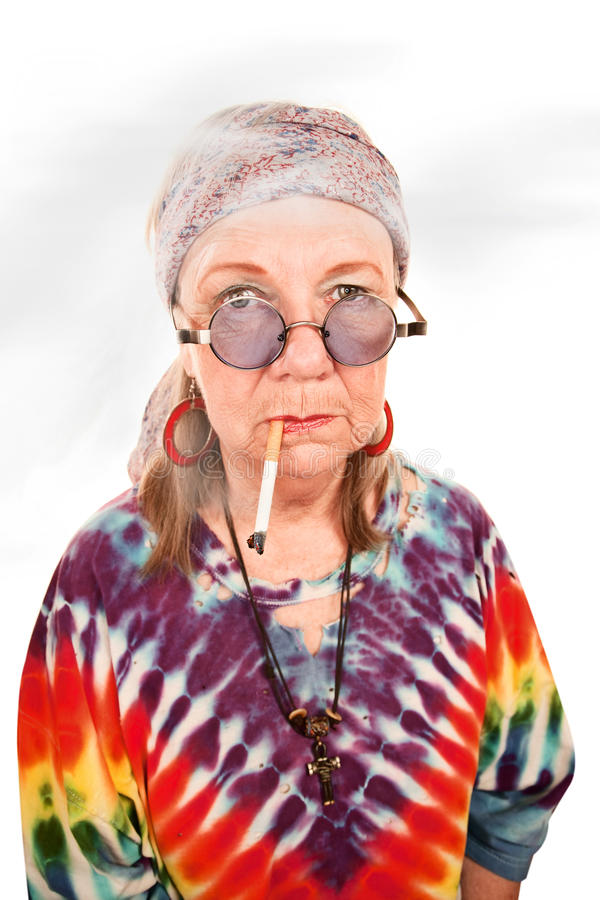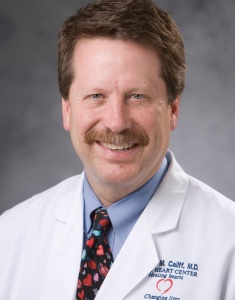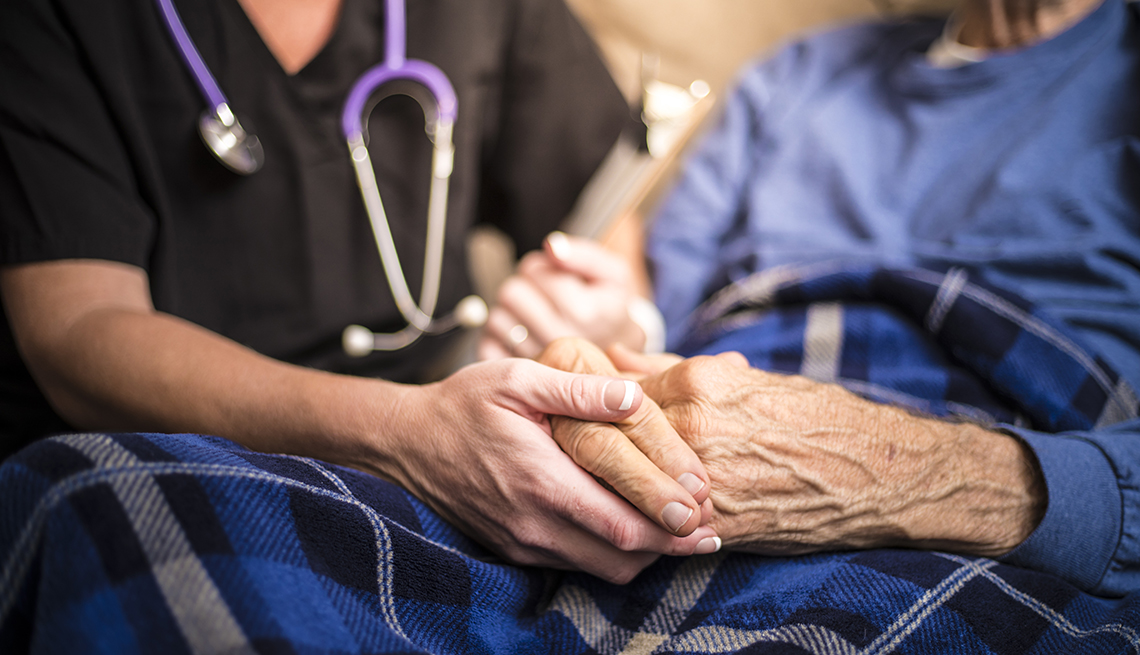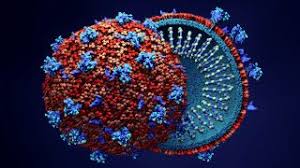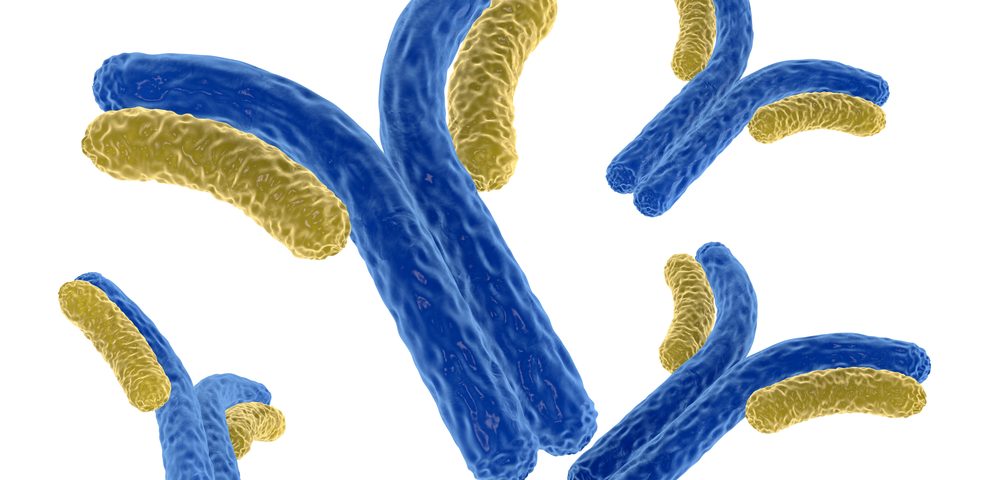The death rate from cancer dropped by one-third in the last three decades, according to The American Cancer Society. They attributed the decline to changes in preventive measures and screening in the past decade. Cervical cancer rates dropped by 65% between 2012 and 2019 among women in their 20’s after a generation of women were vaccinated against human papillomavirus, or HPV, for the first time. The report, which was published in the journal CA: A Cancer Journal for Clinicians, said that the decline in smoking rates, better early detection and innovative treatments have driven a drop in death rates since 1991.
Skin Cancer A Risk, But We All Need To Get Some Sunlight
Of course, it has been proven that spending too much time in the sun without proper covering and/or sunscreen increases your risk of skin cancer. But don’t avoid sunlight altogether, or it can put your circadian rhythm (which acts like a clock to keep nearly every organ and system on a 24-hour cycle) off. Sunlight tells your body to start the day and keeps you awake and feeling energized. It also helps regulate the appetite. As the sun sets, your circadian clock releases sleep-promoting hormones. Studies have shown that people in their 50’s and 60’s get less than an hour per day of sunlight. At a bare minimum, experts recommend you go outside every morning for 15-30 minutes and again in the late afternoon or early evening.
Cancer-Detection Blood Tests Increasingly Used
Blood tests which can pick up early signs of cancer are growing in usage. Illumina Inc. recently disclosed that its Grail unit has has sold 38K of its test (which costs $949) since it debuted in June of 2021. This comes despite the fact that most insurance companies don’t cover the cost so it is an out-of-pocket expense. Also known as liquid biopsies, they are designed to augment traditional screening tests. Analyst Puneet Souda at SVB Securities estimates they could eventually reach $50 billion in annual revenue, although he didn’t predict in which year this would occur.
Monterey, CA New Hope For Those With Pancreatic Cancer
We have a lot of good oncologists on the Monterey Peninsula but one of the cancers that is extremely difficult to treat is pancreatic. It has a five-year survival rate of only 10%. However, researchers are working on a new drug that shows promise. USA Today profiled Barbara Brigham, who was almost resigned to dying after a 2020 pancreatic cancer diagnosis. Her doctor encouraged her to join a clinical trial which was testing a new way to stimulate the immune system against cancer, and it worked! She is now living free of cancer. A gene called KRAS, mutated in many pancreatic tumors, could soon be “druggable,” says Providence Foundation oncologist Eric Tran. And there are other drugs going through the clinical trial stages which look very promising.
FDA Rejects Two Cancer Drugs Developed In China
The Food & Drug Administration has denied approval of two proposed new cancer drugs which were developed in China. The FDA issued a letter to Hong Kong-based Hutchmed Ltd. denying permission to market the drug ufatinib, which is approved in the Chinese market to treat pancreatic and neuroendocrine tumors. It also notified China-based Shanghai Junshi Biosciences Co. and its U.S.-based partner Coherus BioSciences Inc. that it denied its application to sell the drug toripalimab, which treats nasopharyngeal cancer. The FDA asked the companies to change their quality-related processes at which time the FDA will reexamine the applications. However, the FDA did note that two clinical trials Hutchmed conducted in China for ufatinib didn’t support approval so that company may have to go back to the drawing board on clinical trials as well. FDA officials have commented publicly recently that they were not happy with the quality of drug studies conducted in China and that it was unclear whether the results would be applicable to U.S. patients.
FDA Approves New Blood Cancer Treatment From Johnson & Johnson
The Food & Drug Administration has cleared drug therapy called Carvykti, the first treatment for blood cancer in the U.S. It works on patients with multiple melanoma whose disease has worsened despite prior treatment with other drugs. On one of J&J’s U.S. studies, 98% of the 97 multiple-myeloma patients treated with Carvykti had a significand reduction in the proteins that signal the presence of myeloma. And 83% had a complete remission, with no detectable cancer cells at a median time point of 22 months after treatment.
Eli Lilly Gets Bad News About Its New Lung Cancer Drug Tuvut
In a 14:1 vote, a panel advising U.S. drug regulators said Eli Lilly & Company and its Chinese partner (Innovent Biologics) needs to conduct more studies on a proposed new lung-cancer drug called Tuvut before giving FDA approval. The panel was concerned about the tests done on the drug in China and said it had significant shortcomings and its results were not applicable to U.S. patients who would use the drug. This is due in part that the study participants didn’t reflect the diversity of the U.S. population and they also suggested that Innovent undercounted adverse events.
FDA officials have recently cited concerns about the quality of drug studies conducted largely in China and whether the results in Chinese patients are directly applicable to patients in the U.S. The most recent recommendation by the panel advising the FDA isn’t just a setback to Eli Lilly, but is likely a shot over the bow to let U.S. drug companies know that they need to more carefully screen their Chinese partners or they may risk having important drugs see a long delay before gaining FDA approval or even being denied FDA approval altogether.
Cancer Moonshot Announced By White House
President Joe Biden has promised to cut the cancer death rate in half over the next 25 years and improve the experience of patients and families, “ending cancer as we know it.” The “Cancer Moonshot” coming out of the oval office thrilled doctors, patients and researchers. Currently, effective treatments and early detection tools aren’t reaching enough people. And people aren’t making the lifestyle changes needed to dramatically cut cancer rates. However, with technology driving innovation in cancer treatment, Biden certainly has a shot.
Millions Of Cancer Cases Prevented As Treatments Evolve
A study which was published Wednesday (a companion to the American Cancer Society’s 2022 Annual Report)) said that although cancer diagnoses and treatment were adversely affected by the COVID-19 pandemic, 3.5 million cancer deaths were prevented in recent decades as treatments evolved. The authors of the paper which was published in the journal “CA : A Cancer Journal for Clinicians” said rising rates of breast and advanced staged prostate cancer, both of which can be detected early, are concerning. However, there has been significant progress made in other types of cancer. Over the past two years, there were more than 15 new drugs approved for lung cancer, for example. And pills blocking certain genes that cause cancer cells to grow, as well as immunotherapies that help a patient’s own immune system respond to cancer are leading to better outcomes.
50 Year Anniversary Of War On Cancer
It was fifty years ago when President Richard Nixon declared a war against cancer when he signed the National Cancer Act while simultaneously increasing funding for cancer research. At the time, President Nixon said if we could put a man on the moon in eight years, we should be able to do the same with curing cancer. Unfortunately, it’s easier said than done. About 600K Americans still die from cancer each year and we are a long ways from finding an outright cure. However, that’s not to say that progress hasn’t been made. Over the past 50 years, death rates dropped by 70% for childhood cancers, 56% for colorectal cancer and 39% for female breast cancer, according to the American Cancer Society. Sadly, painful cancers like pancreatic cancer and glioblastoma—a horrible kind of brain cancer—remain nearly as deadly as they were during Nixon’s rein.
https://www.usatoday.com/story/news/2021/12/23/cancer-war-screening-genetics/6430979001/?gnt-cfr=1


